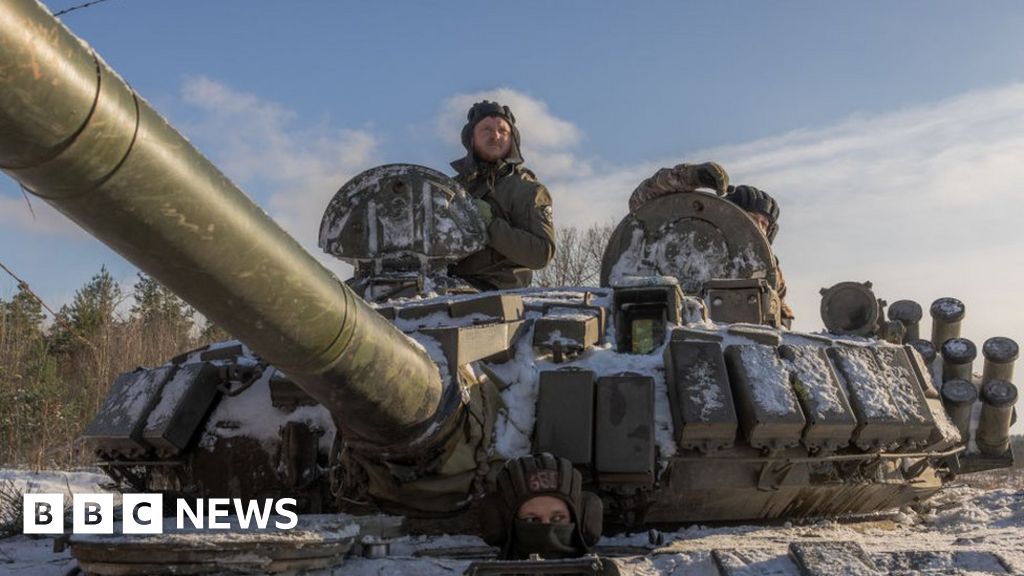A programme to reintroduce cheetahs in India after 75 years has been called into question after three of the animals died in recent weeks and concerns were raised that their new habitat was unsuitable.
Since October, 20 cheetahs – which became extinct in the country in 1952 – have been brought over from South Africa and Namibia as part of a much-lauded government programme to house them in Kuno national park, Madhya Pradesh state.
The first eight cheetahs arrived amid much fanfare, with the prime minister, Narendra Modi, releasing them into a small fenced enclosure on his 72nd birthday. Another 12 African cheetahs have since been flown over and the plan is to release a total of 50 over the next five to 10 years.
However, the programme was criticised by many wildlife and conservation experts, who accused the Modi government of a rushed “publicity stunt” and alleged that Kuno national park was an unsuitable habitat for so many cheetahs, which usually require vast habitats of thousands of square miles to roam. In Kuno their terrain will be less than 500 square miles.
The concerns have been heightened in recent weeks after the deaths of three of the cheetahs still being held in captivity in the fenced enclosure inside Kuno, months after arriving in India. Sasha, a male, died from a pre-existing medical condition in March, another died in April and a female, Daksha, died this month in a violent mating after she was put in an enclosure with two other males.
In a supreme court hearing last week, the judges claimed Kuno national park was an unfit home for dozens of African cheetahs. “It appears that Kuno is not sufficient for so many cheetahs. There is too much concentration of cheetahs in one place,” said the bench of judges.
They called on the government to “rise above politics” and consider homing some of the cheetahs in other states such as Rajasthan, where the opposition party rules at the state level. “They need to be protected, they need to be given suitable habitat. Why don’t you explore for more suitable habitat than Kuno?” said the bench.
Scientists in India leading the reintroduction efforts have said deaths are to be expected and are not symptomatic of a failure of the project. They said four cheetah cubs had also been born since they were brought to India.
But for wildlife experts critical of the reintroduction experiment, the supreme court’s acknowledgment that Kuno is not suitable has come too late. There is also concern that India lacks the expertise to properly handle the cheetahs, especially as they remained in captivity for so long. So far only three of the big cats have been released into the park and 17 remain in human captivity in the enclosure.
Ravi Chellam, a wildlife biologist, called the project “a sham, a vanity project” and said it was creating “a glorified safari park” that had nothing to do with conservation and could have a devastating effect on the health of the animals.
“The deaths have brought attention to much more fundamental problems,” he said. “Why are the cheetahs being held in captivity for so long? Those same people who made the action plan are now saying that Kuno is inadequate. Why have they brought over 20 cheetahs from Africa if only eight can be accommodated safely in the park? What are we trying to achieve here?”
In response to the supreme court, the government representative said a taskforce was investigating the deaths and that other locations were being investigated to home some of the cheetahs.
#Cheetah #deaths #raise #questions #Indias #reintroduction #scheme #India

